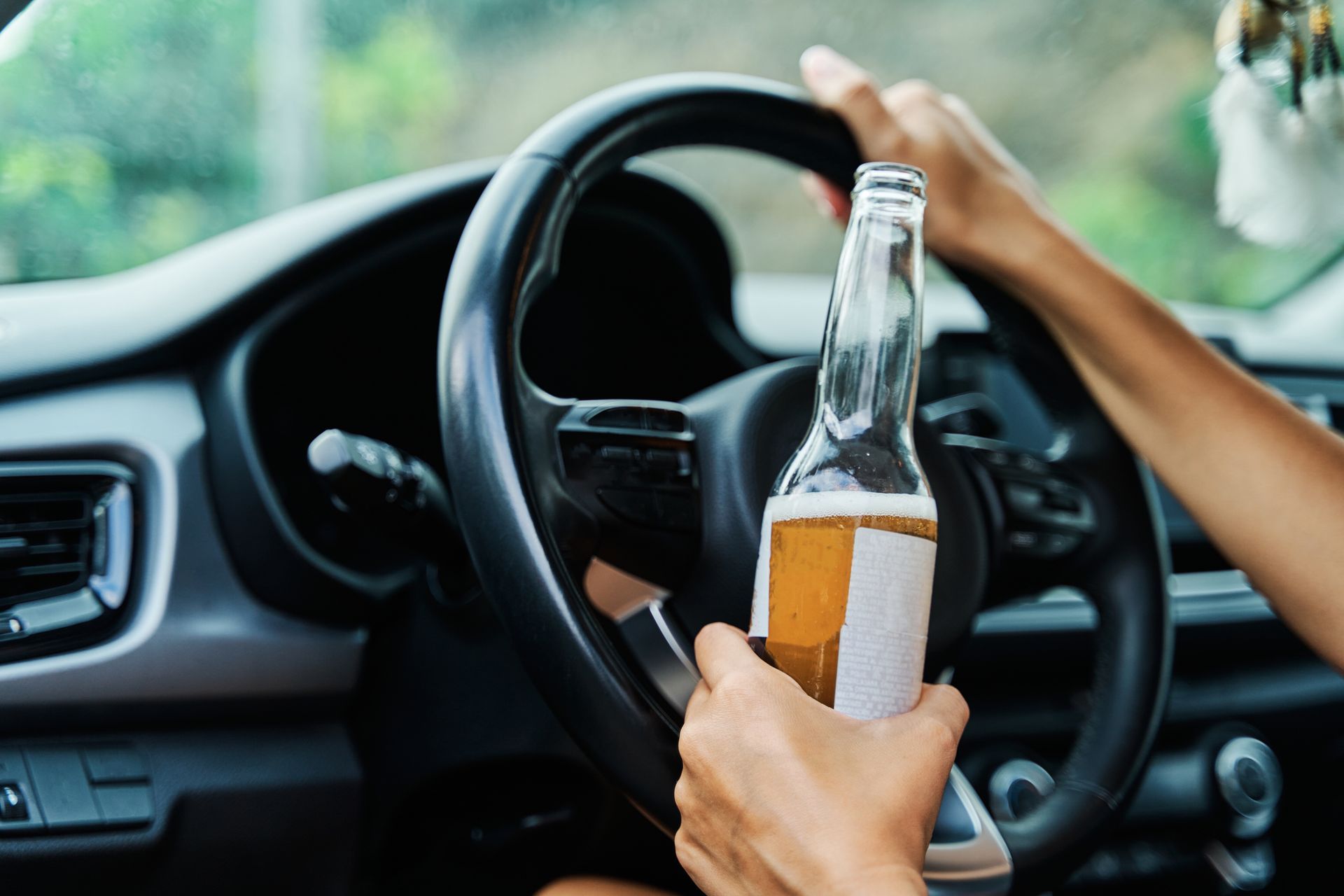
The 4th Amendment prohibits unreasonable searches and seizures by the police – but certain exceptions apply. For example, if there is a threat of the immediate destruction of evidence, they can typically conduct a search due to an exception usually referred to as the exigent circumstances exception.
Is the natural metabolization of alcohol the same thing as the destruction of evidence? That’s what a Missouri prosecutor argued in a drunk driving case that ended up at the Supreme Court.
Missouri v. McNeely: The Facts
On October 10th, at about 2 a.m., a highway patrol officer observed Tyler McNeely speeding and crossing over the center line. The officer pulled McNeely over and observed signs of intoxication, including slurred speech, bloodshot eyes, and the smell of alcohol. McNeely failed field sobriety tests and refused a breathalyzer test. He also said he would refuse one at the police station.
The officer drove McNeely to a medical center and asked him to consent to a blood test, which he refused. The officer then instructed a lab technician to draw McNeely's blood, which the technician did. The blood sample showed a BAC of .154, higher than Missouri's legal limit of .08 percent. McNeely was charged with BAC and moved to suppress the evidence, arguing that the blood draw was an unreasonable search and seizure.
The Lower Court Decisions
At trial, the court agreed with McNeely and suppressed the evidence. Later, the prosecution argued that the test was justified under the exigent circumstances exception to the 4th Amendment because the alcohol in McNeely’s system was metabolizing. Ultimately, the Missouri Supreme Court agreed with the trial judge that the state trooper had violated McNeeley’s Rights.
The Supreme Court Weighs In
The Supreme Court ruled, in a 5-4 decision, that the dissipation of alcohol alone did not create an automatic exigency and that the Fourth Amendment's protection against unreasonable searches and seizures required a case-by-case analysis. This decision reaffirmed the importance of obtaining a warrant before conducting a blood test, except in genuine emergency situations.
What Should You Do if You Believe the Police Violated Your Rights
If you have been pulled over and subjected to a search or seizure, the first thing you should do is ask for an attorney. An attorney can review the facts of your case and determine whether any legal defenses apply. In addition, when you ask for a lawyer, the police must immediately stop questioning you until your lawyer is present. As a result, simply asking for a lawyer can protect your rights and prevent the police from getting you to say something self-incriminating.
Call Us Today to Speak with an Eau Claire DUI Defense Lawyer
If you have been accused of drunk driving, it's in your best interest to contact an attorney as soon as possible. In many cases, a lawyer may be able to identify and raise defenses that could result in a favorable outcome for your case. To schedule a case evaluation with an experienced DUI defense lawyer in Eau Claire, contact us online or call our office today.
When Results Matter Most, Call Cohen Law First.
We’re not just any law firm — we’re
Northwest Wisconsin’s trusted criminal defense powerhouse. At Cohen Law Office, criminal defense isn’t one thing we do — it’s
the only thing we do.
Focused on YOU. Fighting for YOU. Always.
Need Help After Hours? We've Got Your Back.
If you're reaching out outside of our regular business hours,
don’t worry — just
click here, and one of our dedicated team members will get in touch with you as soon as possible.

